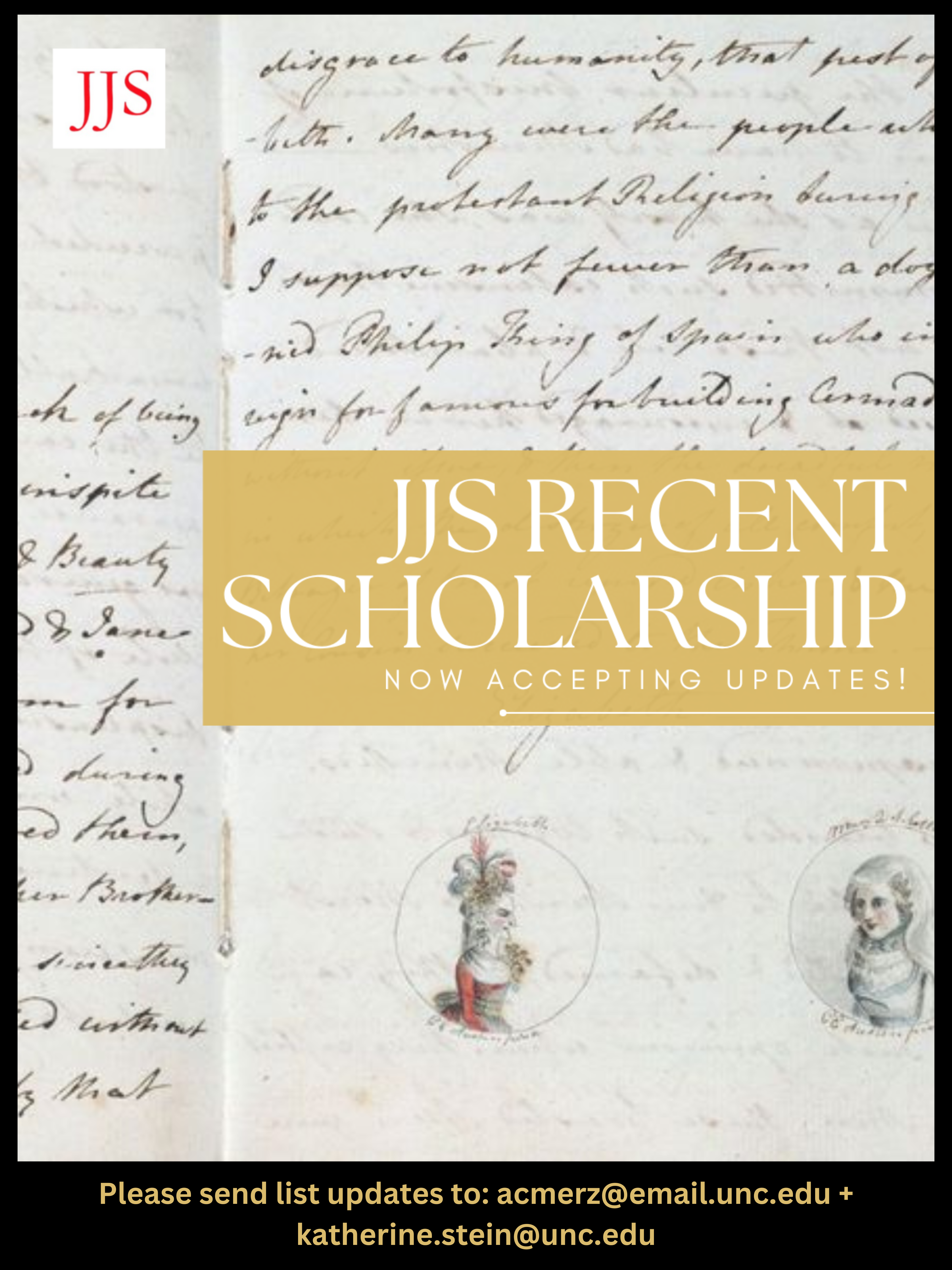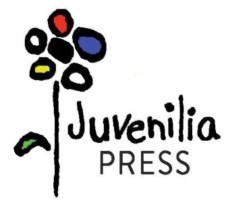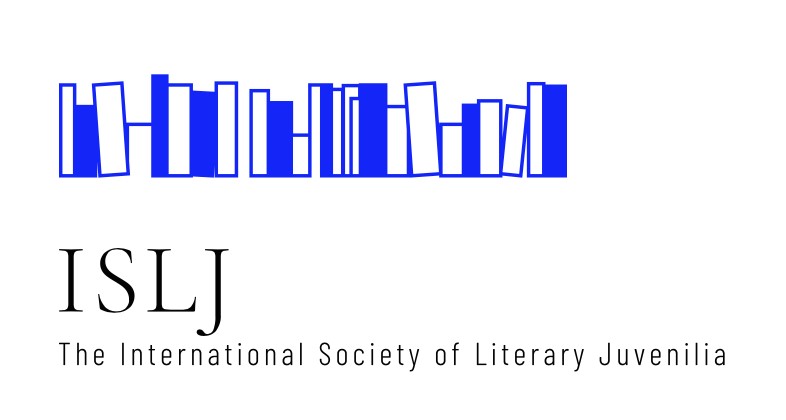World Citizenship in Elizabeth Barrett Browning’s Juvenilia
Volcanoes, Hunger, and Politics of the Larder
DOI:
https://doi.org/10.29173/jjs49Keywords:
juvenilia, Elizabeth Barrett Browning; Victorian literature; poetryAbstract
In 1858 EBB declared her son Pen “shall be a ‘citizen of the world’ after my own heart & ready for the millennium.”[i] Living in Italy for most of the fifteen years of her married life and passionately supporting Italian unification and independence in her mature poetry, Elizabeth Barrett Browning proudly regarded herself as “a citizen of the world.” But world citizenship is a perspective toward which EBB[ii] strove in her juvenilia long before she employed the phrase. Much of her childhood writing expresses her compulsion to address social and political issues and to transcend national prejudices in doing so. Recent critics have illuminated EBB’s gender and political views in fascinating detail. Marjorie Stone, to cite one example, has ably traced EBB’s commitment to “a poetry of the present and ‘the Real’” and her “turn towards human and contemporary subjects, away from the self-confessedly mystical and abstract subject matter of her 1838 volume….”[iii] We should recognize, however, that a strong political impulse surfaces in even her earliest writings and in her recollections of childhood. Her letters from early childhood demonstrate her precocious interest in power negotiations between nations, and also between individual citizens and governments. At age six, for example, she informed her mother and father that “the Rusians has beat the french killd 18.000 men and taken 14000 prisners”--an account which, though mistakenly attributing victory to the wrong side, documents her early interest in the Napoleonic wars (31 August 1812, BC 1: 9). More telling for consideration of her aesthetic-political theory, her earliest known poem—composed in the month she turned six—in four lines critiques the British government’s policy of impressing civilians (even Americans) to serve in the British navy.[iv] Entitled “On the Cruelty of Forcement to Man: Alluding to the Press Gang” (1812), it suggests in its final two lines the viewer’s--specifically the extremely young female poet’s--responsibility to grapple with the moral and ethical implications of this military practice:
Ah! the poor lad in yonder boat,
Forced from his wife, his friends, his home,
Now gentle Maiden how can you,
Look at the misery of his doom![v]
Her last two lines pose a question that will shape her poetic career: How can you represent disturbing issues that demand your attention? Although her brief first poem does not resolve this conundrum, by expressing her query as an exclamation, she leaves no uncertainty that she must do so.
[i] The Brownings’ Correspondence, 26 vols. to date, ed. Philip Kelley, et al. (Winfield, KS, and Waco, TX: Wedgestone Press, 1984- ), vol. 25, p. 98; hereafter cited parenthetically as BC. For discussion of EBB’s views on the cosmopolitan education of her son and its relationship to her poetic practice, see Beverly Taylor, “Elizabeth Barrett Browning and the Politics of Childhood,” Victorian Poetry 46 (2008): 405-27; and Christopher M. Keirstead, “‘He Shall Be a “Citizen of the World”’: Cosmopolitanism and the Education of Pen Browning,” Browning Society Notes 32 (2007): 74-82. EBB associated the concept “citizen” or “citizeness of the world” with both personal experience and international political concerns. In 1852 she wrote to her beloved distant kinsman and friend John Kenyon about her bitter estrangement from England, on the personal level fostered particularly by her father’s obdurate refusal to reconcile following her marriage, and on the political level, by England’s failure to support Italy’s independence: “I’m a citizeness of the world now, you see, and float loose” (BC 17: 70).
[ii] To avoid the confusion of using her maiden name (Elizabeth Barrett Barrett) and her married name, throughout the essay I refer to Elizabeth Barrett Browning by the initials she frequently used to sign her manuscripts and letters. Both she and Robert Browning expressed pleasure that her initials and characteristic signature would not change with their marriage (BC 11: 248-49).
[iii] Marjorie Stone, Elizabeth Barrett Browning (Basingstoke: Palgrave Macmillan, 1995), pp. 27, 24-25. Yet even so magisterial a study as Isobel Armstrong’s Victorian Poetry: Poetry, Poetics and Politics (London: Routledge, 1993), while it ranges beyond the traditional canon to include many women and working-class writers, scarcely mentions EBB.
[iv] What were you thinking about at age six?
Britain’s practice of seizing sailors from merchant ships and forcing them to serve in the Royal Navy (“forcement” or “impressment”) constituted one cause the United States declared war on England in 1812, while England was still at war with France. The London Times discussed the problem of impressment. See, e.g., “Parliamentary Proceedings,” 26 June 1812; “American Papers,” 10 March 1812; as well as editorial comment calling impressment “the disgrace of England and of a civilized age” (“Upon Hearing Cuxhaven,” 3 October 1811). On naval impressment see Nicholas Rogers, The Press Gang: Naval Impressment and Its Opponents in Georgian Britain (London: Continuum, 2007), esp. pp. 134-38.
[v] First published in H. Buxton Forman’s edition of EBB’s Hitherto Unpublished Poems and Stories with an Inedited Autobiography, vol. 1 (Boston: Bibliophile Society, 1914), p. 31; subsequently cited as HUP. Punctuation follows that of the manuscript copied into a notebook by EBB’s mother, in the Berg collection of the New York Public Library; see The Browning Collections: A Reconstruction with Other Memorabilia, compiled by Philip Kelley & Betty A. Coley (Winfield, KS: Armstrong Browning Library of Baylor University, The Browning Institute, Mansel Publishing, Wedgestone Press, 1984), D666. All quotations from EBB’s works follow The Works of Elizabeth Barrett Browning, 5 vols., vol. eds. Sandra Donaldson, Rita Patteson, Marjorie Stone, and Beverly Taylor (London: Pickering and Chatto, 2010); subsequently cited as WEBB. EBB’s juvenilia appear in vol. 5, this first poem on pp. 159-60. On this poem and other juvenilia, see Beverly Taylor, “Childhood Writings of Elizabeth Barrett Browning: ‘At four I first mounted Pegasus,’” The Child Writer from Austen to Woolf, ed. Christine Alexander and Juliet McMaster (Cambridge: Cambridge University Press, 2005), pp. 138-53.
Downloads
Published
Issue
Section
License
The Creative Commons Attribution-Noncommercial-No Derivatives 4.0 International license applies to all works published by the Journal of Juvenilia Studies and authors retain copyright of their work.
![]()



.jpg)

 Dedicated to the discussion and promotion of literary works by young writers
Dedicated to the discussion and promotion of literary works by young writers
